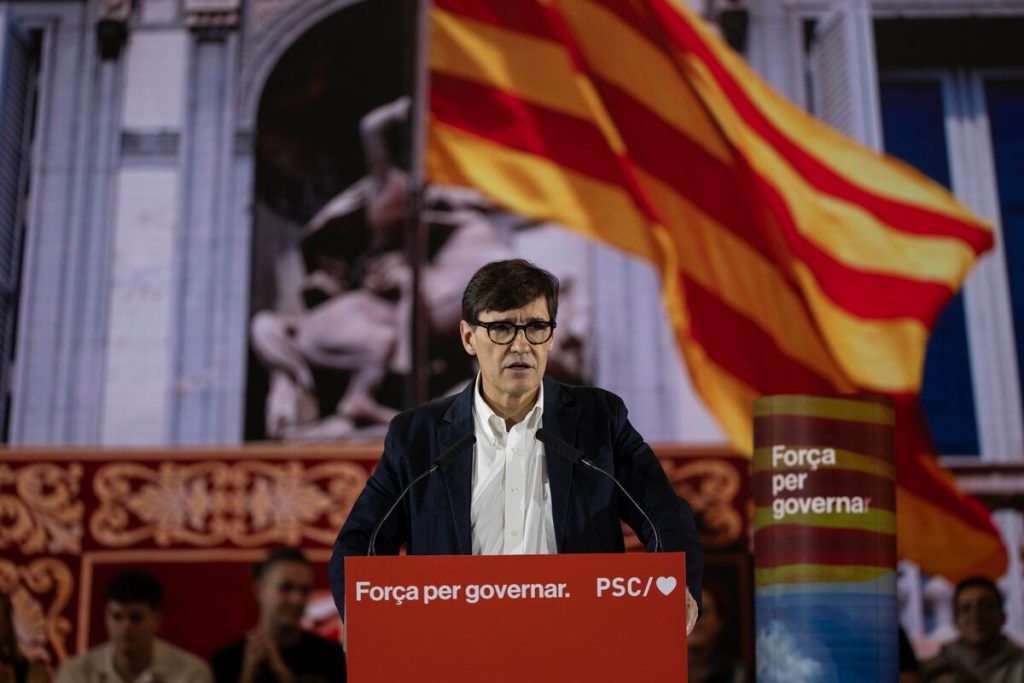On Friday, May 3, the political landscape is dominated by campaign activities in Catalonia, as the regional elections draw near. The President of the Partido Popular, Alberto Núñez Feijóo, will visit Figueres with campaign director Dolors Montserrat, and will conclude the day with a rally in Mataró where candidate for the Generalitat, Alejandro Fernández, will also participate. Other parties that will be holding campaign events include the Comunes with candidate Jéssica Albiach, accompanied by Iñigo Errejón; ERC with Pere Aragonès and Oriol Junqueras; Carles Puigdemont, leader of Junts, in Argelers in southern France; and Vox with Santiago Abascal supporting their candidate, Ignacio Garriga.
The current political situation in Catalonia is tense as parties engage in their final campaign efforts ahead of the upcoming elections. The President of the Partido Popular, Alberto Núñez Feijóo, is actively participating in campaign activities in Catalan cities alongside key party members, while other parties such as the Comunes, ERC, Junts, and Vox are also holding events to rally their supporters. The regional elections in Catalonia are highly anticipated and will have significant implications for the future of the region, making these campaign activities crucial in shaping public opinion and mobilizing voters.
The campaign events in Catalonia highlight the diversity of political parties and candidates vying for power in the region. From traditional parties like the Partido Popular to newer parties like Vox, each group is seeking to appeal to different segments of the population with their policy platforms and messaging. The presence of key figures like Carles Puigdemont and Santiago Abascal adds further intrigue to the political landscape, as their influence and popularity can sway voters in different directions. As the campaign intensifies, it is clear that each party is making a concerted effort to connect with voters and present themselves as the best choice for governing Catalonia.
The participation of high-profile politicians like Alberto Núñez Feijóo, Carles Puigdemont, and Santiago Abascal in campaign events reflects the significance of the Catalan elections for their respective parties. These leaders are crucial in shaping the narrative and strategy of their campaigns, using their influence to mobilize supporters and attract undecided voters. The presence of other prominent figures such as Dolors Montserrat, Iñigo Errejón, Pere Aragonès, and Oriol Junqueras also adds depth and diversity to the campaign activities, showcasing the wide range of perspectives and ideologies present in Catalan politics.
The upcoming elections in Catalonia will be closely watched both within the region and beyond, as the outcome will have far-reaching implications for the future of Catalan politics and its relationship with the Spanish government. The campaign activities taking place in the lead up to the elections are a reflection of the intense competition among parties and candidates to gain the support of voters. As the campaign enters its final stretch, each party will be making their closing arguments and highlighting their vision for Catalonia, hoping to persuade voters to choose them on election day. The political landscape in Catalonia is dynamic and complex, with each party jockeying for position and seeking to gain an edge in the race for power.


